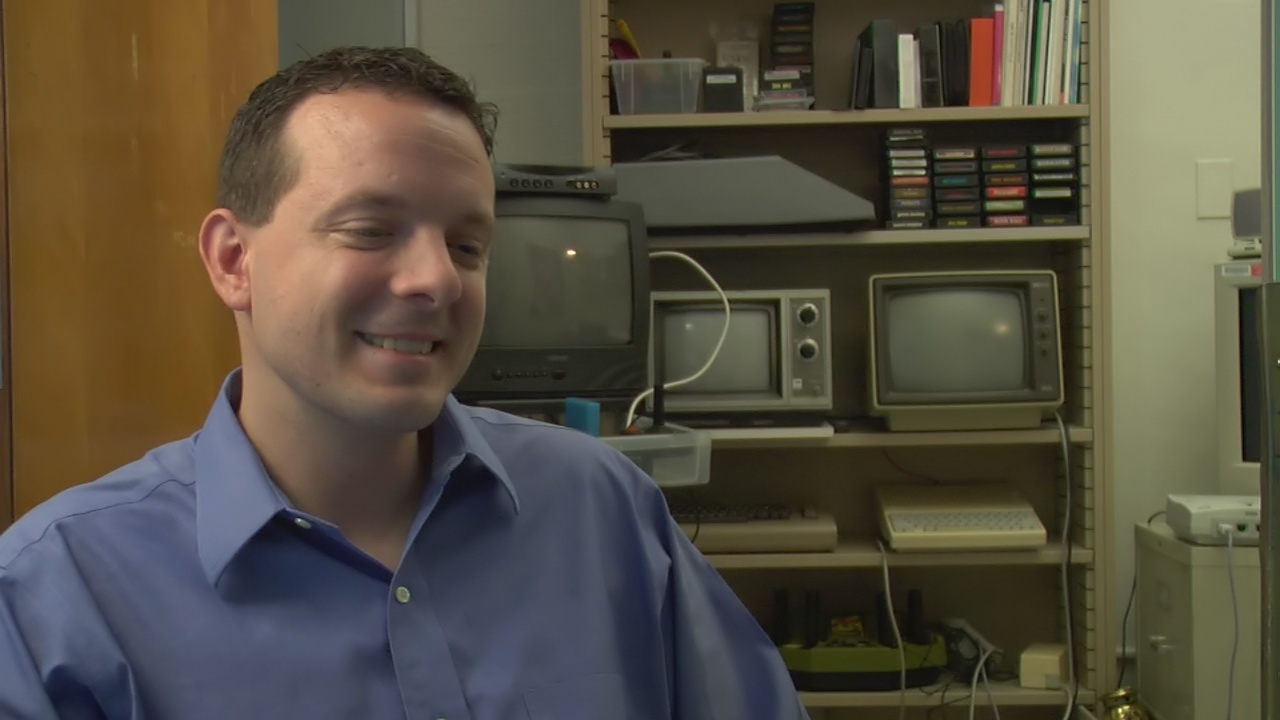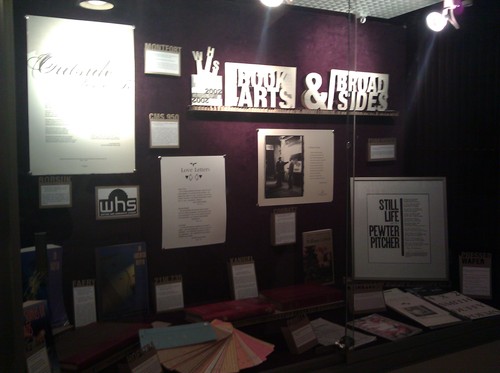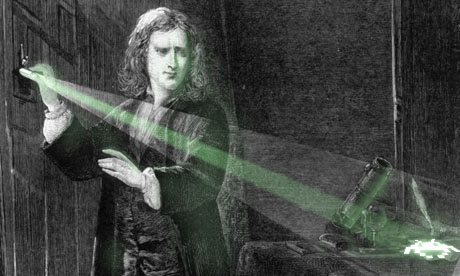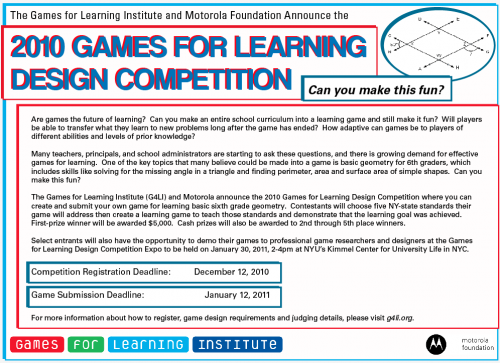
I’ve attached after the jump the Call for Papers for the first ever Games and Software Engineering Workshop (GAS 2011), which will be held at ICSE 2011 in idyllic Honolulu, Hawaii! Jim and I have been working very hard getting everything together on what promises to be a great workshop, and we’re honored to have such an illustrious program committee. Papers are four page position papers, to be in by January 21st.
We hope to see you there!
Call for Papers: GAS 2011: The 1st Games and Software Engineering Workshop
GAS 2011: The 1st Games and Software Engineering Workshop will be a one-day workshop held between May 21-28, 2011, co-located with the International Conference of Software Engineering (ICSE) in Honolulu, Hawaii, USA.
Important Dates
Position papers (4 pages maximum): January 21, 2010
Topics
At the core of video games are complex interactions leading to emergent behaviors. This complexity creates difficulties architecting components, predicting their behaviors and testing the results. Software engineering hasn’t yet been able to meet the demands of the games industry, an industry that works at the forefront of technology and creativity, where creating a fun experience is the most important metric of success. GAS 2011 will explore the demands of game creation and ascertain how the software engineering community can contribute to this important creative domain. Furthermore, GAS 2011 will investigate how games can help aid the software engineering process or improve software engineering education. Research in these areas has been exciting and interesting, and GAS 2011 will be the first time practitioners from all three fields to have the opportunity to come together at ICSE to investigate the possibilities of this innovative research area.
GAS encourages submissions of topics from across the entire range of software engineering research areas. The following topics are given as a guide, but all submissions will be given equal consideration.
This is a preview of
Call for Papers: Games and Software Engineering Workshop 2011
.
Read the full post.

 Nick Montfort writes computational and constrained poetry, develops computer games, and is a critic, theorist, and scholar of computational art and media. He is associate professor of digital media in the Program in Writing and Humanistic Studies at the Massachusetts Institute of Technology, and is now serving as president of the Electronic Literature Organization. He earned a Ph.D. in computer and information science from the University of Pennsylvania.
Nick Montfort writes computational and constrained poetry, develops computer games, and is a critic, theorist, and scholar of computational art and media. He is associate professor of digital media in the Program in Writing and Humanistic Studies at the Massachusetts Institute of Technology, and is now serving as president of the Electronic Literature Organization. He earned a Ph.D. in computer and information science from the University of Pennsylvania.






 I have the feeling that someone must have
I have the feeling that someone must have 






